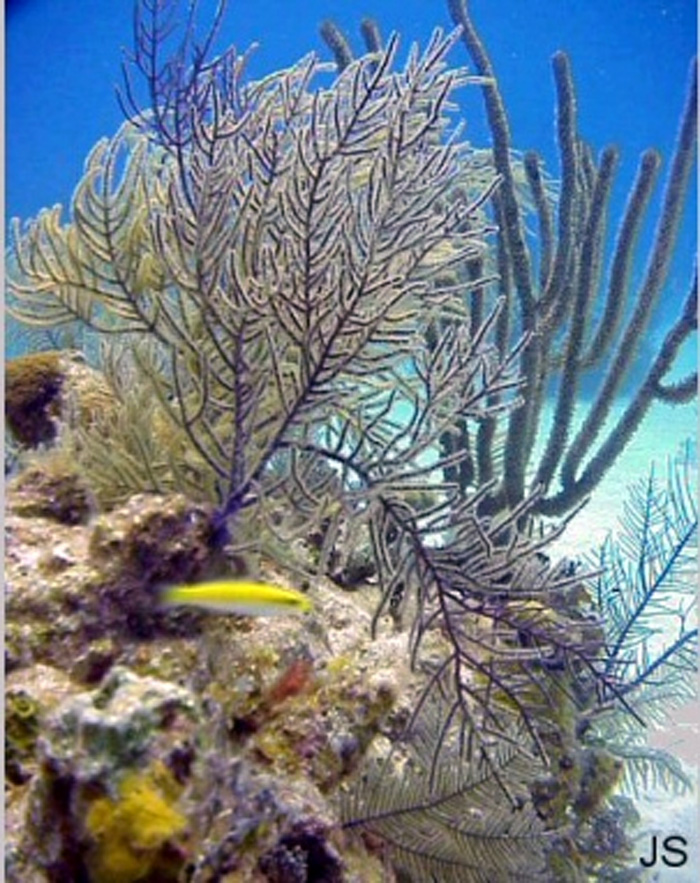Octocorallia is a marine, colonial organism formed by small polyps with eight tentacles each. The investigation on Pseudopterogorgia elisabethae started in Colombia about eight years ago.
Concerning the anti-inflammatory properties, "the results in vivo showed high effectiveness, close to the one shown by indometacin, one of the most effective anti-inflammatory medicines", affirmed researchers Alba Lucía Valenzuela and Hebelin Correa, members of the Pharmaceutical and Chemistry PhD program respectively.
Inside the laboratory, tests were performed on neutrophils and macrophages, two kinds of cells related to inflammation. In this case, pure compounds showed more than 59 % of effectiveness. The pseudotyrosines U and Q were those showing better anti-inflammatory activity.
These molecules could be of great benefit in the conception of new pharmaceutical treatments for burns, inflammations related to stress, wound healing and many others. They also can have a high value for the cosmetics industry, since they offer a high antioxidant capacity.
Against cancer and fouling
According to Pharmacy Department Professor Fabio Aristizabal, laboratory tests involved panels of cellular lines. Different kinds of molecules were tested in order to determinate the activity differential. Some of them were more effective in particular cases, opening the door to new treatments for certain types of cancer.
"Now, we have to keep working on the mechanism of action to verify the viability of new pharmaceutical products", Aristizabal affirmed.
Fouling (the adhesion of biotic material on surfaces) could also be avoided with the help of octocorallia"s molecules. The fouling process involves corrosion of surfaces, representing great issues for the shipbuilding industry. Pseudotyrosines Q and U, in particular, showed effective results.
A limited stock
Even though the benefits of Pseudopterogorgia elisabethae are numerous, investigator Mónica Puyana started worrying when she found -after a series of population density studies- less than one specimen per square meter for both chemotypes.
"The actual amount of specimen does not suffice to gather a harvest. If we intend it for developping pharmaceutical products or anti-fouling additives for painting, we would soon extinguish the species", maintained Professor Carmenza Duke, director of the investigation.
The best option studied so far consist in looking for octocorallia symbiont microorganisms that can supply the production of these biologically active substances in the whole organism.
Sedes
 Correo Electrónico
Correo Electrónico
 DNINFOA - SIA
DNINFOA - SIA
 Bibliotecas
Bibliotecas
 Convocatorias
Convocatorias
 Identidad UNAL
Identidad UNAL



